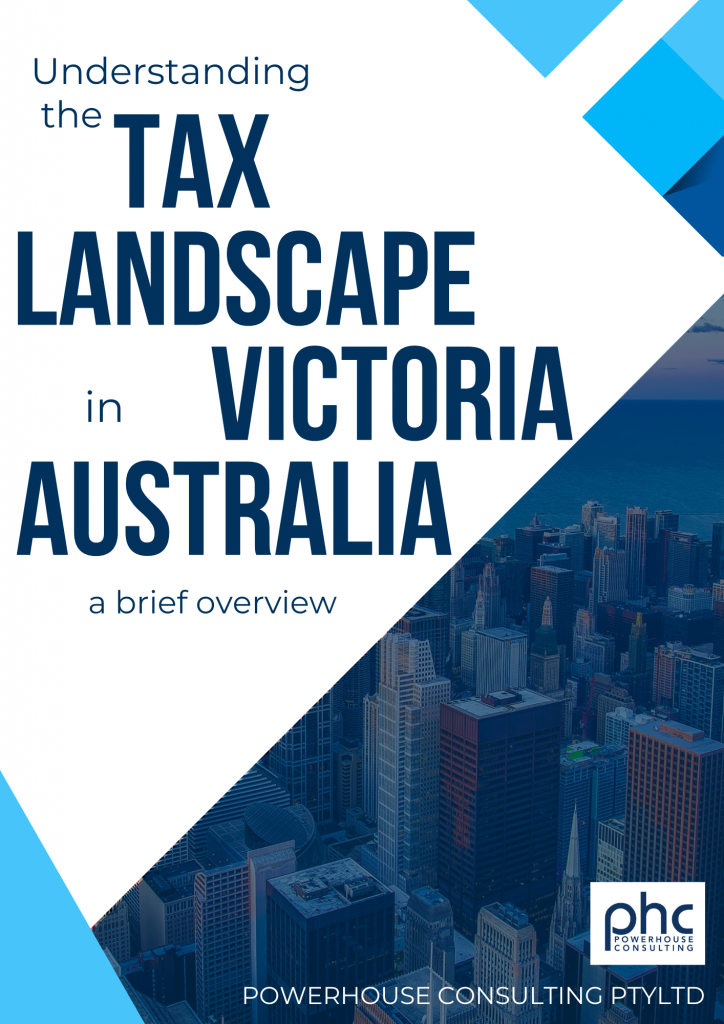
Introduction:
When it comes to understanding the tax policies of a region, it’s crucial for both residents and businesses to stay informed. In the case of Victoria, Australia, the state boasts a diverse and dynamic economy, supported by a comprehensive tax system. In this article, we’ll take a closer look at the tax policies that shape financial landscapes in Victoria.
Personal Income Tax:
Victoria adheres to the Australian taxation system, which includes personal income tax. The progressive tax rates mean that individuals with higher incomes contribute a larger percentage of their earnings. It’s essential for residents to be aware of these rates to effectively plan their finances and ensure compliance with tax obligations.
Property Taxes:
Victoria has a unique tax structure related to property ownership. The state imposes a land tax on the unimproved value of land holdings, excluding the primary residence. This tax encourages efficient use of land and contributes to the state’s revenue stream.
Additionally, stamp duty is a one-time tax levied on property transactions. This tax can significantly impact the overall cost of buying or selling real estate in Victoria. Understanding the intricacies of stamp duty is essential for those entering the property market.
Goods and Services Tax (GST):
The Goods and Services Tax is a federal consumption tax that applies to the sale of most goods and services. Victoria, like other states in Australia, adheres to the GST framework. Businesses need to be aware of their GST obligations, including registration thresholds and filing requirements.
Payroll Tax:
Employers operating in Victoria are subject to payroll tax, which is based on the total wages paid to employees. This tax supports various state initiatives and services. It’s crucial for businesses to stay informed about payroll tax rates, exemptions, and thresholds to manage their financial responsibilities effectively.
Incentives and Rebates:
To stimulate economic growth and support specific industries, Victoria offers various incentives and rebates. These can include tax credits for research and development activities, concessions for small businesses, and grants for specific projects. Staying informed about available incentives can significantly benefit businesses looking to invest and innovate in the state.
Conclusion:
Navigating the tax landscape in Victoria, Australia, requires a comprehensive understanding of personal and business tax obligations. Whether you’re a resident or a business owner, staying informed about the progressive income tax rates, property taxes, GST, payroll tax, and available incentives is essential for financial planning and compliance. By keeping abreast of the latest developments in Victoria’s tax policies, individuals and businesses can make informed decisions that contribute to the overall economic prosperity of the state.



